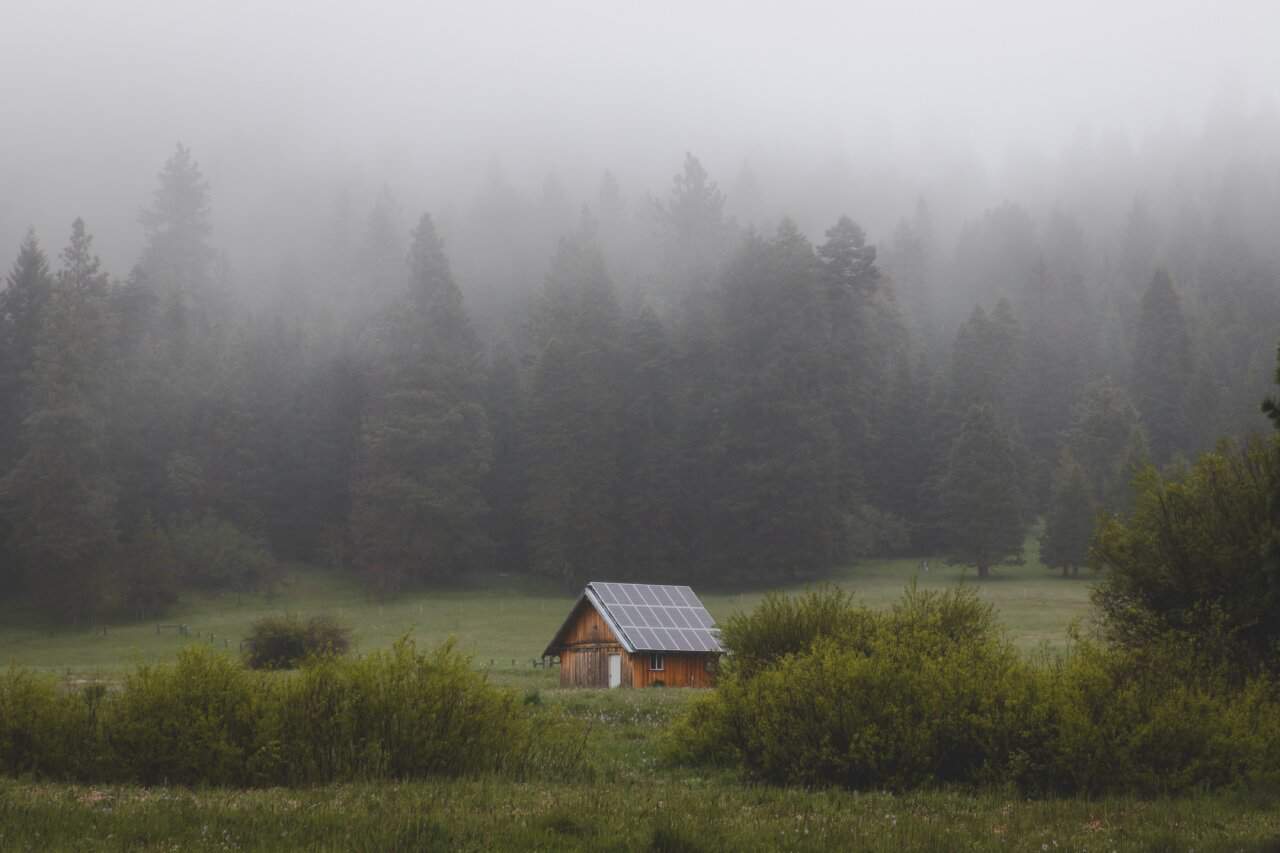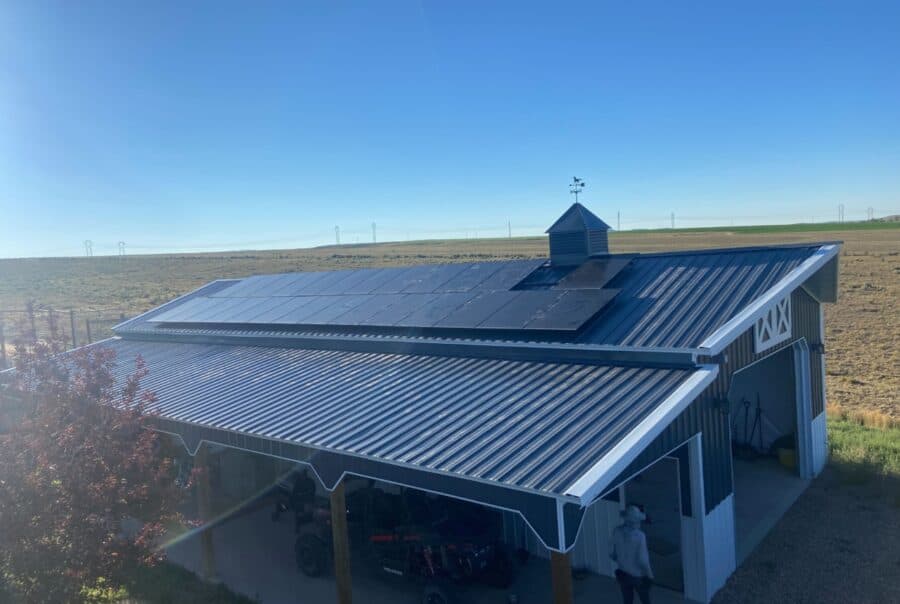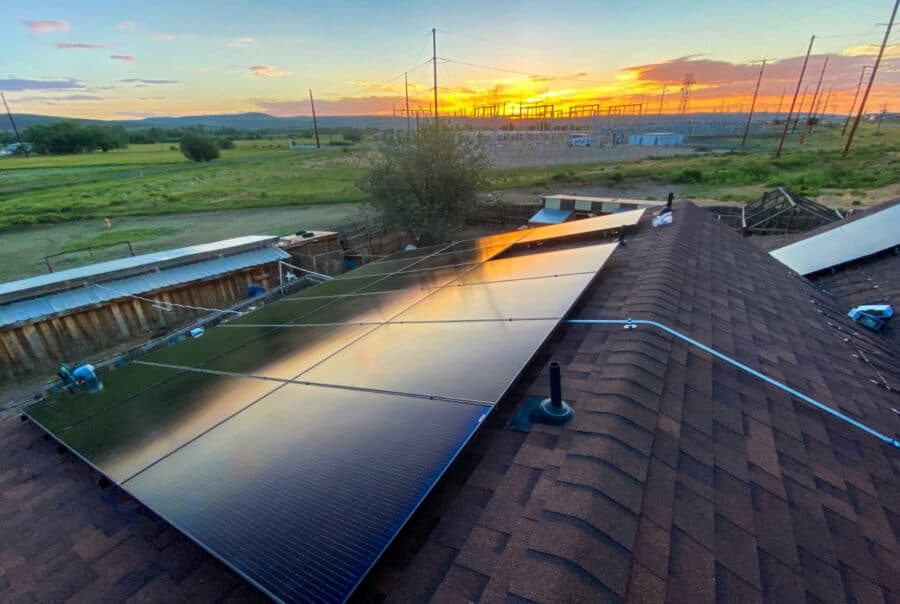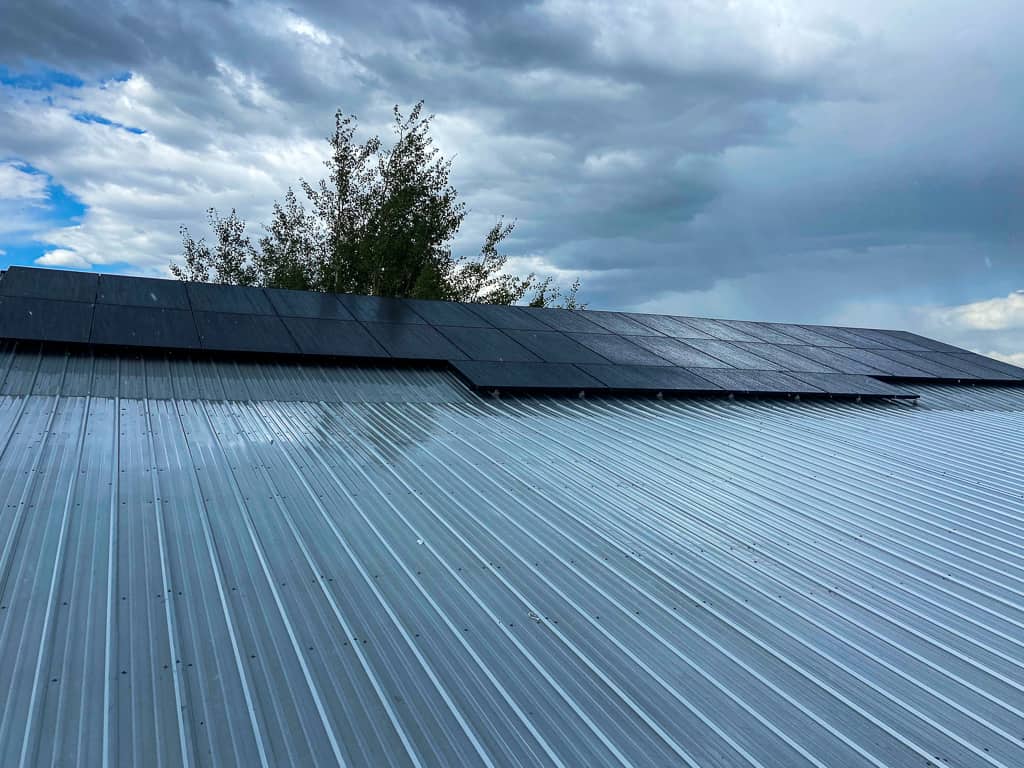When it comes to solar energy, the roof of a building is a key consideration. The type of roof you have will impact the cost, design, and installation process of your solar panels. In this article, we will discuss the different types of roofs and the considerations you should keep in mind when installing solar panels on them.
Flat Roofs
Flat roofs are typically found on commercial buildings, warehouses, and low-rise residential buildings. The lack of slope makes it easier to install solar panels, but there are still some considerations to keep in mind. For example, flat roofs often require additional structural support for the weight of the panels, which can add to the cost of the installation. Additionally, flat roofs are often more prone to leaks, so it is important to have a good quality roof membrane in place to protect the panels and your building.
Sloped Roofs
Sloped roofs are commonly found on residential buildings and are ideal for solar installations. The slope of the roof can help with drainage, which can reduce the risk of damage to the panels. However, it is important to consider the orientation of the roof when installing panels, as panels that are facing south will typically receive the most sunlight.

Tile and Slate Roofs
While it is true that most companies do not do roof installation on these types of roofs, it is not the end of the road for those who wish to harness the power of the sun. Ground mount solar systems are an excellent alternative for those who are unable to install panels on their roof. These systems involve installing the panels on the ground, usually in a nearby open space. Ground mount systems are versatile and customizable, making it possible to find the perfect setup for your home, regardless of the type of roof you have. So, don’t let the limitations of your roof stop you from going solar. Consider a ground mount system as an alternative and start reaping the benefits of solar power today!


Metal Roofs
Metal roofs are popular choices for their durability and long lifespan, but they can also pose challenges for solar installations. For example, it can be difficult to attach the panels to the roof without causing damage to the metal. This often requires custom brackets, which can add to the cost of the installation. Additionally, it is important to choose panels that are compatible with the roof material to ensure a long lifespan.
Shingle Roofs
Shingle roofs are a common choice for residential buildings and can be a good option for solar installations. The installation process is similar to that of sloped roofs, but it is important to choose panels that are compatible with the shingle material to ensure a long lifespan. Additionally, it is important to consider the orientation of the roof and to choose panels that will receive the most sunlight.
Want help?
Considering how much your roof impacts the cost, design, and installation of your solar panels, it’s important to have expert guidance. That’s where our technicians come in! Get in touch with us today to explore your options and find out how we can help you maximize the benefits of solar power for your home or business. Don’t let a tricky roof hold you back from enjoying the many advantages of solar energy.


